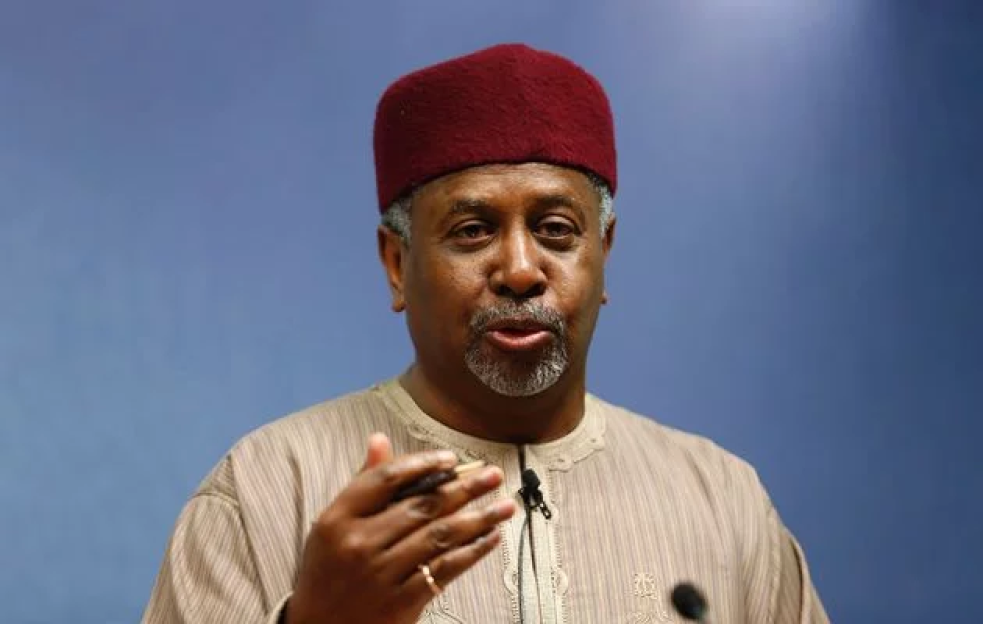Stakeholders in the South-East rose from a meeting in Anambra State weekend, expressing concern over the shrinking of civic space by governments at various levels.
The dialogue was convened by a rights organisation, The Rule of Law and Accountability Advocacy Centre (RULAAC), with the support of the Fund for Global Human Rights through the Action Group on Free Civic Space.
It was a one-day dialogue session with the theme: “Voices Unchained – A Journey Through Civic Space in Southeast Nigeria.”
A communique issued after the meeting was signed by the Chairman- Prof. C. Jaja Nwanegbo, CSO Rep- OnyinyeChi Joy Nwosu, Media Rep- Ofoma Kenechukwu, Legal Rep- Okite Chukwuemeka Onyeka, Community Rep- Glory Okolie, Women Rep- Nneka E. Ikeh (Mrs.) and Youth Rep- Egwuatu Uchenna.
The participants urged the federal and the state governments to immediately halt the criminalisation of dissent and adopt policies that expand rather than shrink civic freedoms.
The session brought together stakeholders from civil society, academia, media, the legal community, security institutions, youth groups, religious leaders, community representatives, and victims of civic space violations.
It provided a platform to reflect on the state of civic freedoms in the Southeast, share personal testimonies of abuse, and chart collective pathways for protecting the right to free expression, peaceful assembly, and association in line with the Nigerian Constitution and international human rights instruments.
Participants at the dialogue noted with deep concern persistent abuses of free speech and civic expression, including arbitrary arrests, intimidation, torture, and harassment of journalists, activists, students, and citizens by state and non-state actors.
Also prominent at the dialogue was recounting of “Police and security high-handedness, including detention in non-designated facilities such as local government secretariats and vigilante offices.
“The misuse of the Cybercrimes Act and other ambiguous laws to stifle online expression.
“Mob justice and vigilante abuses, leading to extrajudicial killings, such as the Uratta incident in Imo State in May 2025, where village youths tortured a 20-old boy to death over a missing power bank.
“Judicial weaknesses, including slow trials, corruption, denial of bail, and overcrowded custodial centres holding young people arrested for petty offenses.
“Suppression of student voices through imposition of unelected student union leaders in tertiary institutions.
“The conspicuous silence of political leaders in Southeast Nigeria on civic space violations”, among others.
After extensive deliberations, the participants resolved to defend constitutional rights, demand accountability by calling on security agencies to end arbitrary arrests, torture, and unlawful detentions, and ensure prosecution of officers and vigilante operatives found guilty of abuses.
They are also to advocate for speedy trials, bail enforcement, and pro bono legal aid to protect vulnerable citizens, as well as urge the National Assembly to review the Cybercrime Act and other laws used to shrink civic space.
Participants also resolved to demand the restoration of democratic student unionism and create safe spaces for youth voices in governance and peace-building and “encourage journalists to resist censorship, report civic violations fearlessly, and strengthen solidarity against attacks.”
They appealed to the global community to support local defenders with resources, visibility, and diplomatic pressure on the government to respect civic freedoms.
While calling on security agencies to adopt rights-based policing, respect court orders, and undergo regular human rights training, participants reaffirmed that civic space is not a privilege but a fundamental constitutional right and a cornerstone of democracy.






